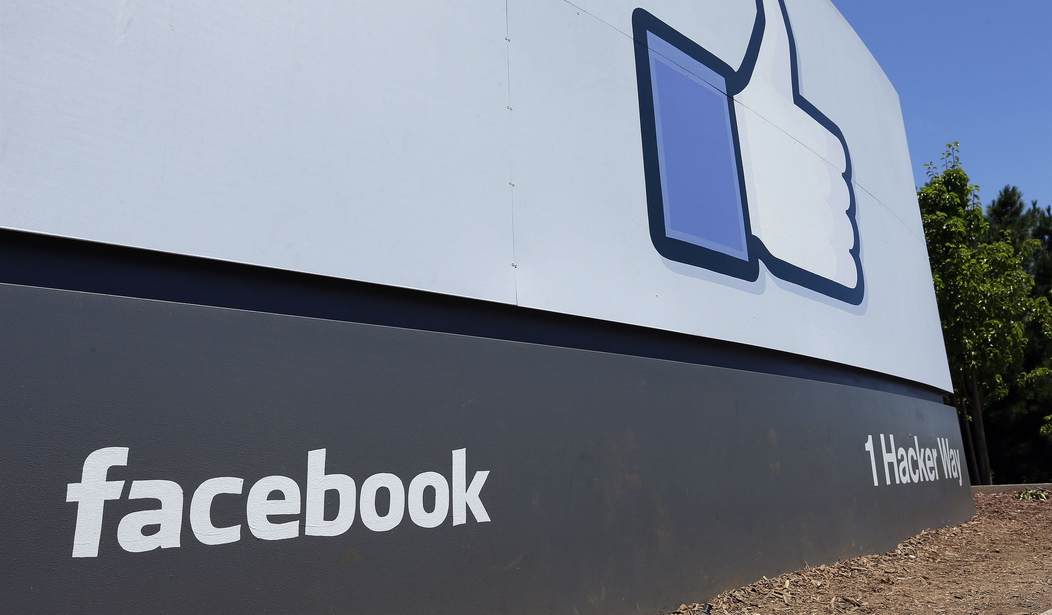Facebook appears to be diving into yet another battle over how news content is displayed on its platform. This time, however, their target is the United States Congress. Legislators are currently preparing to vote on a new piece of legislation called the Journalism Competition and Preservation Act. If passed, the bill would make it easier for news organizations to engage in collective bargaining with the social media platforms and require payment for their news being shared by users on Facebook and Twitter, among other outlets. Meta responded by threatening to block all news content from Facebook, saying that Congress should not impose government-mandated negotiations. This is not the first time that Facebook has found itself having this particular fight, and it likely won’t be the last. (NY Post)
Facebook’s parent company Meta warned Monday that the social media giant could remove news from its platform if Congress signs off on a proposal that would make it easier for news organizations to bargain collectively with tech giants.
In a bid to rescue the lagging local news industry, lawmakers are considering adding the proposed Journalism Competition and Preservation Act to a must-pass annual defense bill that could help smaller news outlets fight for a larger share of revenue from companies like Google and Meta for their news content, sources briefed on the matter told Reuters.
But a Meta spokesperson threatened that the legislative move could lead to prohibition of news being shared on the social media site “rather than submit to government-mandated negotiations that unfairly disregard any value we provide to news outlets through increased traffic and subscriptions.”
If this all sounds familiar to you, that’s probably because Facebook had this fight with the government of Australia just last year. When Australia passed a similar “Media Bargaining” law, Facebook blocked all news content for Australian users in February of 2021. Less than a week later, they turned around and lifted the block. That was done because the Australian government partially caved and added multiple amendments to their law, allowing Facebook to avoid having to automatically pay fees if they could show that they had made “a significant contribution to local journalism.”
That aspect of the agreement may end up providing a roadmap for what happens in the U.S. Congress. The stated intention of the Journalism Competition and Preservation Act is to help preserve local news outlets and smaller publishers in an era where the internet has destroyed traffic and profits in journalism. If they’re not trying to steer a lot of Facebook’s cash to CNN and the New York Times, but instead focus on smaller local news agencies, Facebook might go along with the plan just as they did in Australia.
So what happens if the negotiations fail? Much like Twitter, a huge portion of Facebook’s traffic involves users sharing and discussing news stories. So blocking all news content could result in less traffic and advertising revenue for Facebook. At the same time, the news outlets being linked to would likely also lose traffic from users who click through to the original source to read the articles.
Making the situation stickier is the way the bill’s sponsors are trying to pass it. Rather than debating the bill on its own merits, they’re trying to jam it into the annual defense spending bill, which is always considered to be “must pass” legislation. What on earth does this legislation have to do with national defense? The answer is “nothing,” obviously. But it’s a trick that legislators from both parties use all the time.
We’re quickly running out of days on the congressional calendar for this year so we should have an answer soon enough. Rather than addressing this question, perhaps Congress could ask Facebook about all of the censoring it’s been doing on behalf of the Biden administration.







Join the conversation as a VIP Member